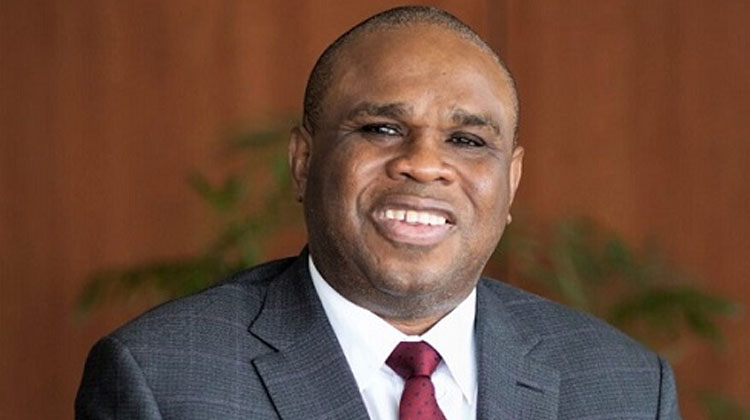The African Export-Import Bank (Afreximbank) has launched a $3 billion revolving credit facility aimed at revolutionizing the intra-African trade of refined petroleum products. This initiative, known as the Revolving Intra-African Oil Import Financing Programme, seeks to address the continent’s heavy reliance on external fuel sources, which currently results in an annual import bill of approximately $30 billion. The program will facilitate easier access for Nigerian, African, and Caribbean buyers to source petrol, diesel, jet fuel, and other refined products from refineries within the continent. Afreximbank projects that this facility will generate between $10 billion and $14 billion in trade finance within its first three years of operation, significantly contributing to reducing the region’s dependence on volatile global fuel markets.
The rationale behind this initiative stems from the volatile nature of global fuel markets, which have significantly impacted both oil-exporting and oil-importing economies. Recent fluctuations, including a sharp decline in crude oil prices and a surge in freight costs, have highlighted the vulnerability of African economies to external market forces. The rise in insurance costs for ships navigating the Red Sea due to geopolitical tensions further exacerbates this vulnerability. By facilitating intra-African trade of refined products and providing upfront credit, the program aims to shield African governments from the budgetary shocks associated with these external fluctuations, promoting greater economic stability.
Afreximbank’s strategic investments in refining capacity across Africa underpin the Revolving Intra-African Oil Import Financing Programme. The bank has played a pivotal role in financing several key refinery projects, including the Dangote Refinery in Nigeria, the Lobito Refinery in Angola, and the refurbishment of the Port Harcourt Refinery, also in Nigeria. Further investments in the BUA and Azikel refineries in Nigeria, as well as ongoing support for the Société Ivoirienne de Raffinage in Côte d’Ivoire, demonstrate Afreximbank’s commitment to transforming the Gulf of Guinea from a crude oil exporter into a major refining hub. These investments are projected to create over 1.3 million barrels per day of refining capacity, fostering self-sufficiency and boosting intra-African trade.
The program aligns seamlessly with the objectives of the African Continental Free Trade Area (AfCFTA) agreement, which promotes intra-African trade, industrialization, and job creation. By offering tailored trade finance and supply chain solutions that address the specific needs of stakeholders regarding tenure, pricing, and logistics, the initiative aims to enhance energy security, strengthen regional value chains, and bolster economic resilience across the continent and the Caribbean. The program focuses on key refined petroleum products, including Premium Motor Spirit (PMS), Automotive Gas Oil (AGO), Heavy Fuel Oil (HFO), Jet Fuel, and Kerosene, sourced from African refineries.
The $3 billion revolving credit line primarily targets oil traders (both African and international), banks, and governments represented by their respective Ministries of Finance or Petroleum Resources/Energy, as well as state-owned enterprises tasked with importing refined petroleum products for domestic consumption and potential export opportunities. The facility empowers these entities to source refined products from within Africa, fostering regional trade and reducing reliance on external sources. This strategic approach aims to create a more integrated and robust African energy market.
Professor Benedict Oramah, President and Chairman of the Board of Directors of Afreximbank, emphasizes that the program will be instrumental in transforming the Gulf of Guinea into a prominent refining hub. He anticipates a significant impact on the volume of refined petroleum products produced and consumed within Africa, with a ripple effect across the downstream petroleum value chain. This includes stimulating investments in shipping, marine logistics, marine cargo insurance, and other ancillary businesses, fostering economic growth and development within the sector. The ultimate goal is to increase the proportion of the approximately 4 million barrels per day of crude oil produced in the Gulf of Guinea that is refined within Africa, promoting self-sufficiency and value addition within the continent. Dr. Lazarus Chakwera, President of Malawi, commends Afreximbank’s initiative, highlighting its potential to reduce import dependency, strengthen regional supply chains, ensure stable and affordable access to refined petroleum products for citizens, and promote economic productivity, ultimately contributing to Africa’s energy independence and economic empowerment.














